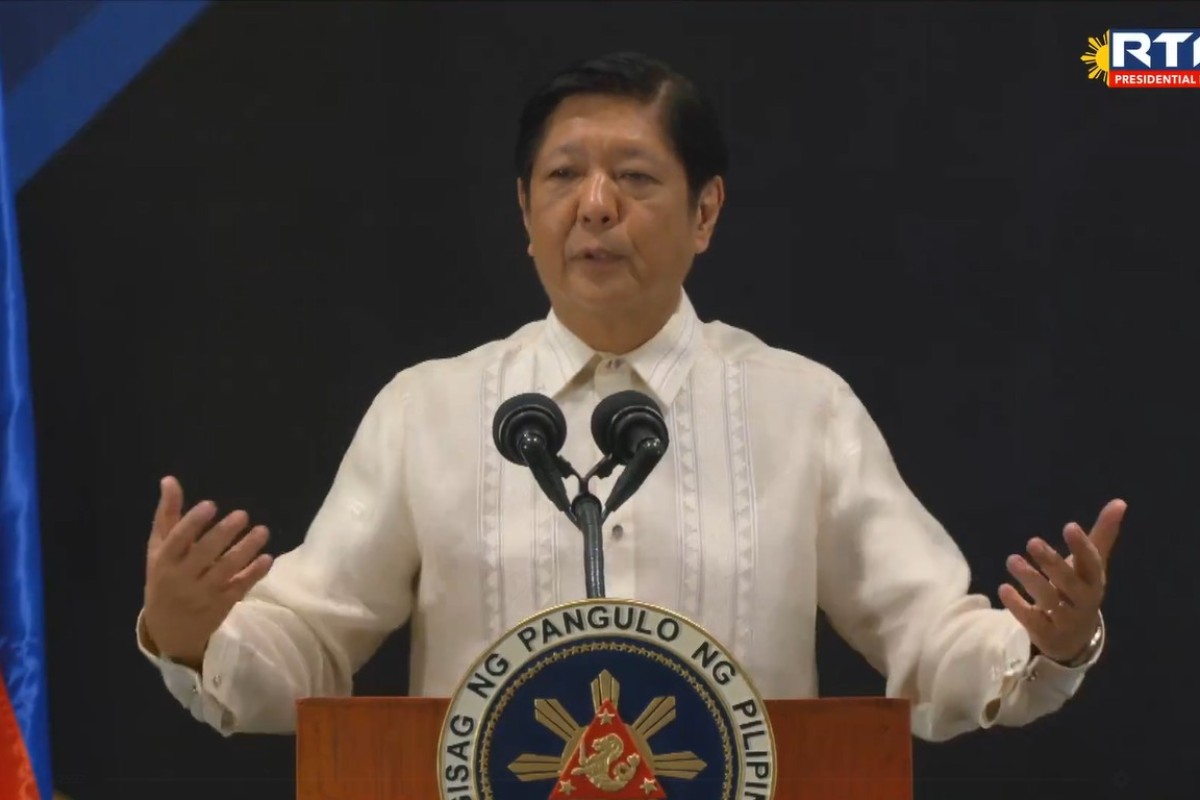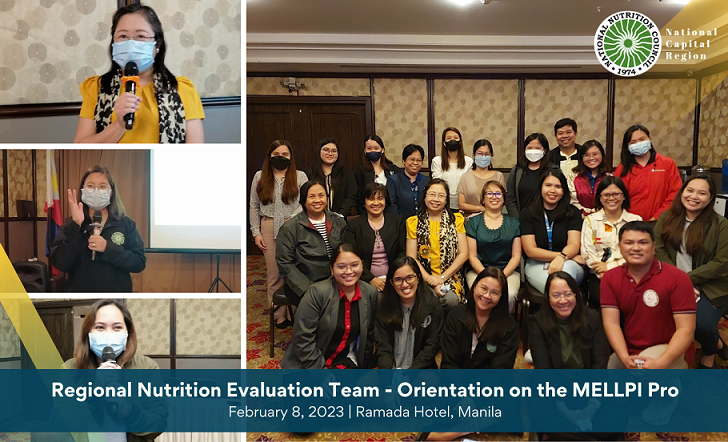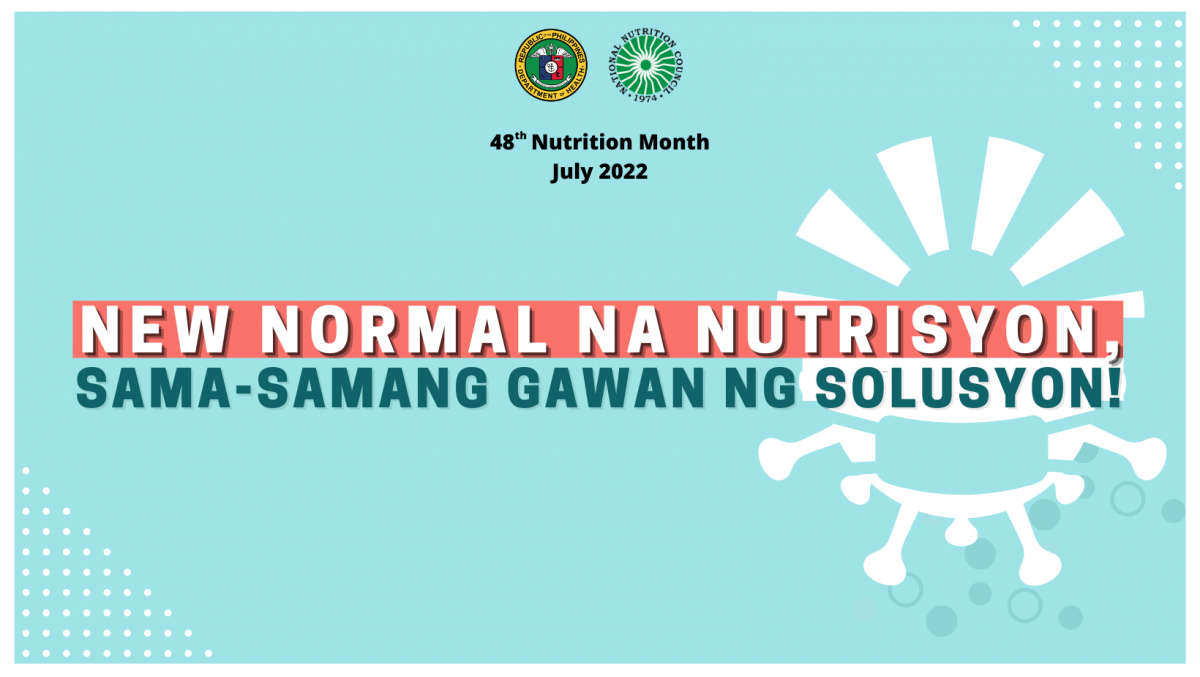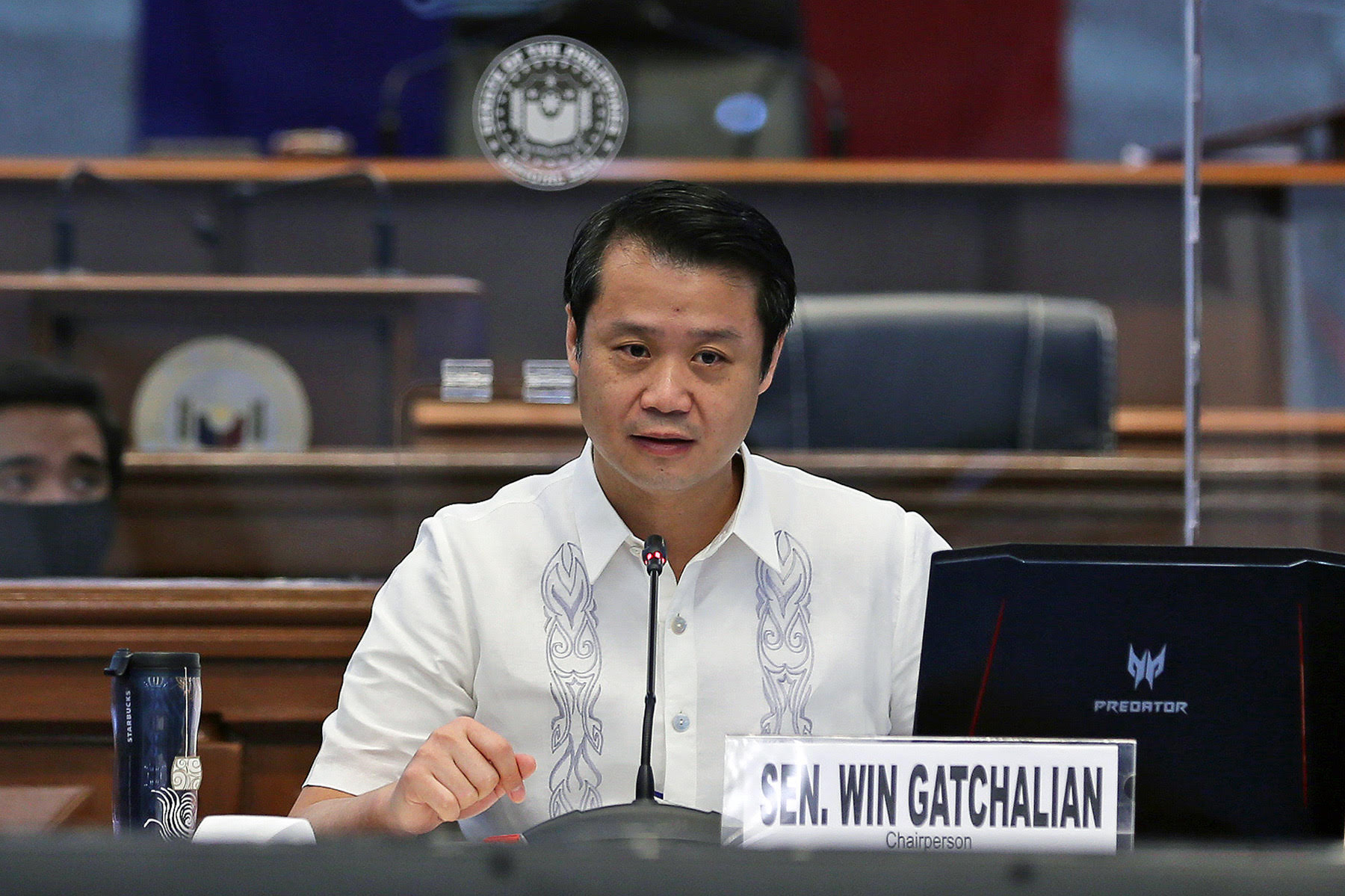QUEZON CITY (PIA) -- The Philippine Multisectoral Nutrition Project (PMNP), which aims to address malnutrition and other nutrition-related issues in the country, will be launched today by President Ferdinand R. Marcos Jr at the Manila Hotel. The project is a multi-agency collaboration that involves the government, NGOs, and other stakeholders.
The Philippines has been struggling with malnutrition for many years. According to the 2021 Global Nutrition Report, the country has the highest prevalence of stunting in Southeast Asia, with 31% of children under the age of five being stunted. Malnutrition affects not only the physical health of Filipinos but also their cognitive and socio-economic development.
The PMNP aims to address these issues through a comprehensive approach that involves different sectors. The project has five components: nutrition governance, maternal and child nutrition, adolescent nutrition, food fortification, and behavior change communication.
The nutrition governance component involves the strengthening of policy, coordination, and monitoring mechanisms at the national and local levels. This includes the implementation of the Philippine Plan of Action for Nutrition (PPAN).
The maternal and child nutrition component focuses on improving the nutritional status of pregnant women and children under the age of two. This includes the provision of iron and folic acid supplements, promotion of breastfeeding, and the implementation of the First 1,000 Days program.
The adolescent nutrition component aims to address the nutrition needs of adolescents, particularly in schools. This includes the provision of iron and folic acid supplements, nutrition education, and the promotion of healthy eating habits.
The food fortification component involves the fortification of staple foods with essential vitamins and minerals. This includes the fortification of rice, wheat flour, and cooking oil with iron, vitamin A, and other nutrients.
The behavior change communication component aims to promote positive nutrition behaviors and practices among Filipinos. This includes the use of social and behavior change communication strategies to promote breastfeeding, healthy eating habits, and the consumption of fortified foods.
The PMNP is expected to have a significant impact on the nutrition status of Filipinos. It is projected to reduce stunting prevalence by 6 percentage points, wasting prevalence by 2 percentage points, and anemia prevalence by 5 percentage points by 2025.
In addition to improving the physical health of Filipinos, the project is also expected to contribute to the country's socio-economic development. Malnutrition has been identified as a major barrier to economic growth and development, and addressing it is crucial to achieving the Sustainable Development Goals (SDGs).
Role of DSWD and DOH
The Department of Social Welfare and Development (DSWD) and the Department of Health (DOH) play important roles in the PMNP.
The DSWD is responsible for the implementation of the Pantawid Pamilyang Pilipino Program (4Ps), a conditional cash transfer program that provides cash grants to poor households. The program aims to improve the health, nutrition, and education of children aged 0-18 years old, pregnant and lactating women, and their families. The 4Ps is an important component of the maternal and child nutrition component of the PMNP, as it provides financial support to poor households to access health and nutrition services.
The DOH, on the other hand, is responsible for the implementation of the health-related interventions of the Philippine Multisectoral Nutrition Project. This includes the provision of iron and folic acid supplements to pregnant women, vitamin A supplementation to children aged 6-59 months, and the implementation of the First 1,000 Days program. The DOH also leads the food fortification component of the project, which involves the fortification of staple foods with essential vitamins and minerals.
In addition, both the DSWD and DOH are members of the National Nutrition Council (NNC), the highest policy-making body on nutrition in the Philippines. The NNC is responsible for the overall coordination and monitoring of the PPAN, the government's framework for addressing malnutrition in the country. The PPAN is the overarching policy framework that guides the implementation of the PMNP.
Overall, the DSWD and DOH play critical roles in the project, as they are responsible for the implementation of key interventions and programs that aim to improve the nutrition status of Filipinos. Their collaboration and coordination with other government agencies, NGOs, and other stakeholders are essential to the success of the project.
The launch of the Philippine Multisectoral Nutrition Project is a significant step towards addressing malnutrition and other nutrition-related issues in the country. It is a testament to the government's commitment to improving the health and well-being of Filipinos and to achieving the Sustainable Development Goals. The success of the project will depend on the collaboration and cooperation of all stakeholders involved, and on the sustained efforts to ensure its implementation and monitoring. (PIA-NCR)





